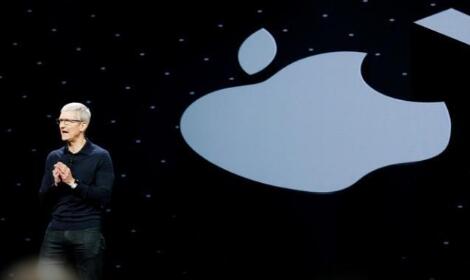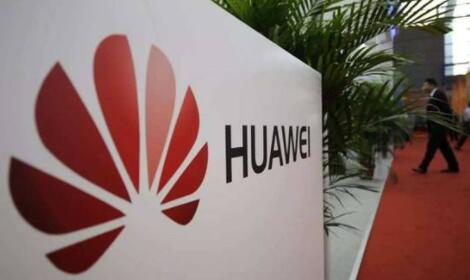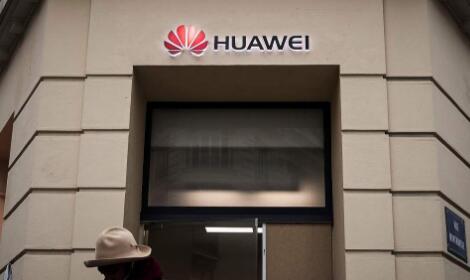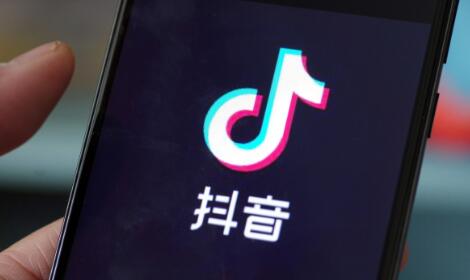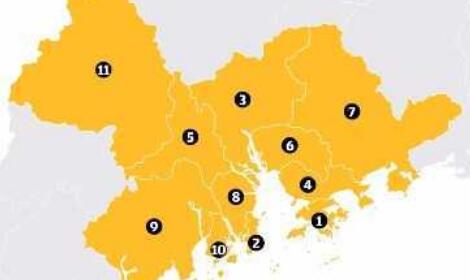纠葛不断的中日关系再次转暖,嗯哼 [联合国媒体]
日本首相安倍晋三也许能与中国总理共饮一杯酒,但这两国自唐朝以来就一直在为地区领导权争斗不断。
CHINA’S LOVE-HATE RELATIONSHIP WITH JAPAN IS LOVE AGAIN. AHEM
纠葛不断的中日关系再次转暖。嗯哼
Japanese Prime Minister Shinzo Abe may have shared a glass of wine with his Chinese counterpart Li Keqiang, but the two powers have been fighting for regional dominance, off and on, ever since the Tang dynasty
日本首相安倍晋三也许能与中国总理共饮一杯酒,但这两国自唐朝以来就一直在为地区领导权争斗不断。
Over the years, few love-hate relationships have come close to the geopolitical one between China and Japan. Right now in the media, the ‘love’ part seems to be getting a lot of attention. Not only has Premier Li Keqiang recently returned from the first visit to Japan by a top Chinese leader in eight years, but Beijing and Tokyo have also agreed to resume their regular summits, with promises that Japanese Prime Minister Shinzo Abe will visit China and President Xi Jinping will visit Japan.
多年来中日地缘政治关系一直波澜不断。近日媒体中可能会更多提及两国关系的友善一面。 不仅上任8年以来中国总理第一次访问日本,北京和东京方面也一致同意恢复两国定期交流峰会,并希望达成两国最高领导人互访。
As the world’s second- and third-largest economies, accounting for nearly three-quarters of the region’s economic activity, the export-oriented nations should find common ground in the promotion of free trade and economic globalisation, particularly given the looming threat of a full-scale trade war between the United States and China. As Asia’s most influential nations, accounting for more than half the region’s military spending, China and Japan should also share a responsibility for keeping regional stability amid threats from North Korea’s nuclear programme. Yet while they share much in common – culture, custom, religion and language – due to their long history of exchanges since the Tang dynasty, they also have many differences, having long fought for regional dominance.
作为世界第二第三大经济体,中日经济总量占到了世界四分之三。同作为出口导向型经济的两国应寻找更多利益共同点达成更多一致,以促进两国自由贸易和经济全球化,尤其在中美全面贸易战隐约可见之时。作为亚洲最有影响力的国家,军费开支达到地区一半以上的中日两国应携手应对朝鲜核危机以维护地区安全稳定。由于自唐朝以来交流不断两国在文化,风俗,宗教以及语言方面有很多共同点,但他们有很多不同也一直为地区领导权争斗不休。
For a long time, Chinese emperors treated their smaller neighbour as a semi-vassal state. However, after the Meiji Restoration in 1868, Japan started outgrowing China and encroaching on the Middle Kingdom’s sovereignty. It invaded Taiwan after defeating the Qing dynasty’s navy in the first Sino-Japanese war in 1895, and then took control of China’s Manchuria from Russia after its 1905 victory in the Russo – Japanese war. Japan also occupied a large part of China during the second world war.
长期以来中国皇帝将他们的小邻居视作附庸国。但经过明治维新后日本开始超越中国并不断蚕食中国主权。1895年甲午战争日本打败清王朝海军后,开始侵略台湾,并在日俄战争中击败俄罗斯攫取了中国满洲。日本也在第二次世界大战中占领了广大中国领土。
The nations marked a “Golden Age” after signing the Treaty of Peace and Friendship in 1978. Leaders from both countries claimed their friendship would last generation to generation and age after age. Since then, Japan has played a crucial role in assisting China’s modernisation, investing heavily in and granting technological and financial aid to the developing giant.
1978年两国签署和平友好条约后迎来了双方关系的黄金时代。双方领导人均宣称两国间的友好关系将代代相传直到永远。自那时起日本在帮助中国现代化,大力投资以及技术资金援助等各方面扮演了重要角色。
But relations have appeared a little more hate than love since 2012, when anti-Japanese protests broke out in more than 200 Chinese cities after Tokyo announced it would nationalise the disputed Diaoyu Islands – known as the Senkakus in Japan. The nations have since then been at odds on many issues, from wartime history to territorial disputes. The potential for military conflict is on the rise, with China dispatching more jet fighters and gunboats to disputed areas in the East China Sea. Tokyo is also stepping up its military build-up in reaction to Beijing’s fast military modernisation and its increasingly assertive diplomatic and security policies of recent years.
但2012年后两国关系似乎仇恨占了上风,那年日本宣布国有化钓鱼岛(日本所谓的尖阁列岛)后200多个中国城市爆发了反日游行。自那时起,两国在战争历史问题和领土争端等各方面争执不休。中国派遣越来越多战斗机和舰艇前往东海争议区后,两国爆发军事冲突的可能性也不断上升。日本政府也加紧了军力建设以应对北京方面快速的军事现代化进程,外交安全政策也日益强硬。
Beijing sees Abe’s “free and open Indo-Pacific” strategy as a geopolitical counterbalance to contain China’s growing influence and presence in Eurasia. And Tokyo sees China’s Belt and Road Initiative as evidence of its dream to resume the glorious past of an imperial era.
北京将安倍提出的“自由开放的印太平洋战略”视作平衡中国在亚欧大陆不断增长影响力的地缘政治工具。日本也将中国提出的一路一带战略视作其试图恢复帝国荣光的工具。
While self-interest governs the trust between the two nations, morality governs the distrust. Despite their cultural similarities, they differ deeply in ideology, values and political systems. Japan is Asia’s leading free democracy and most developed economy, China is the world’s last major communist authoritarian state and its influence is fast rising. Their diplomatic rivalry inevitably prompts suspicions for each side about the other’s strategic intentions. Each sees the other as the chief threat to their aspirations for greater international status and influence.
尽管利己主义思维统治着两国,道德支配着不信任。虽然两国文化有相似之处,但他们在意识形态,价值观念和政治体制各方面有深刻差异。日本是亚洲领先的发达自由民主国家,作为最后一个权威主义国家的中国其影响力也在迅速上升。双方外交对峙不可避免地会对对方战略意图产生怀疑。互相都将对方视作自己获取更高国际地位以及影响力的主要威胁。
Some historians liken current Sino-Japanese relations to the Anglo-German rivalry before the first world war, with rising and declining powers contesting regional dominance and leadership. As both ancient Chinese strategist Sun Tze and Greek historian Thucydides suggested long ago, the cost for maintaining long-term peace between rival powers is the perpetual preparation for war. China and Japan have been living in a world of mutual mistrust for so long, they have come to believe such dogma.
一些历史学家将当前中日关系比作一战前的英德关系——衰落与崛起的两大国为争夺地区领导力不断明争暗斗。正如中国古代军事战略家孙子和希腊历史学家修昔底德很久之前说的那样,唯一能维持敌对国家长期和平的最有效方式就是一直为战争做好准备。中国和日本长期以来一直生活在互不信任的世界里,他们一直坚信这一教条。
版权声明
我们致力于传递世界各地老百姓最真实、最直接、最详尽的对中国的看法
【版权与免责声明】如发现内容存在版权问题,烦请提供相关信息发邮件,
我们将及时沟通与处理。本站内容除非来源注明五毛网,否则均为网友转载,涉及言论、版权与本站无关。
本文仅代表作者观点,不代表本站立场。
本文来自网络,如有侵权及时联系本网站。
阅读:
图文文章RECOMMEND
热门文章HOT NEWS
-
1
他们认为,协商失败的峰会实际上符合中国的利益,而且北京的影响力将增加,因...
- 2
- 3
- 4
- 5
- 6
- 7
- 8
- 9
- 10
推荐文章HOT NEWS
-
1
这是中国中部河南省郑州的一个普通的星期六。富士康工厂大楼上空笼罩着...
- 2
- 3
- 4
- 5
- 6
- 7
- 8
- 9
- 10

